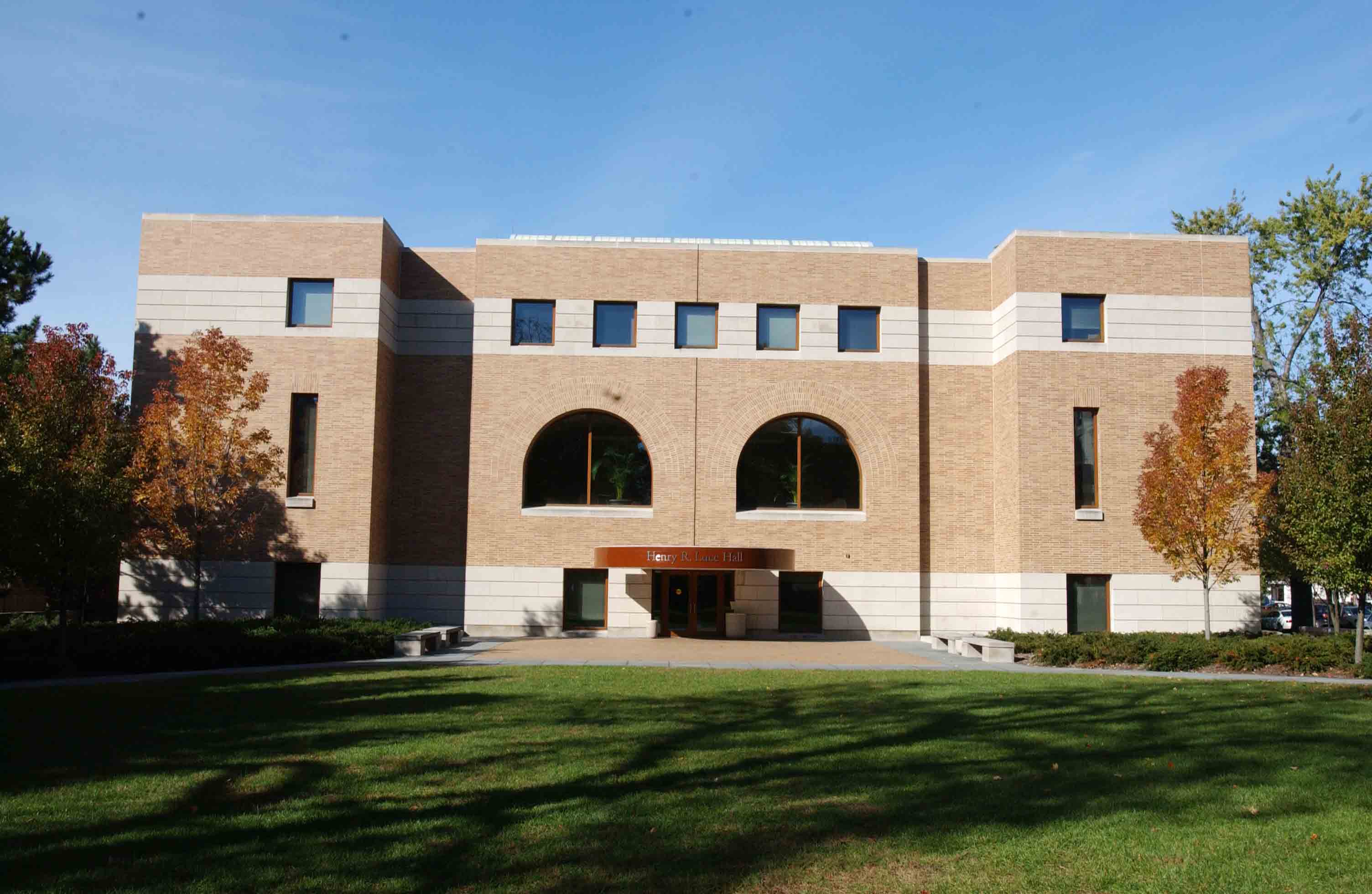
Veteran foreign policy consultant William R. Polk, who served in the administration of former President John F. Kennedy, gave a lecture on Thursday at the MacMillan Center heavily criticizing the American government’s historic treatment of Native Americans. He also argued that Americans’ self-perceptions are becoming increasingly divorced from other countries’ views of America.
“To us, it is increasingly disturbing that hundreds of other people apparently do not see the image that we see in our mirror,” Polk said.
Polk gave the first of three lectures in the series “America Confronts the Post-Imperial World” for the Henry L. Stimson Lectures. The lecture, titled “Snow White’s Mirror: What We See and What Others See. How Both War and Altruism Shaped American Image of Ourselves and Set a Pattern of Foreign Policy,” was organized by the Whitney and Betty MacMillan Center for International and Area Studies at Yale. Addressing an audience of more than 50 people, Polk addressed the question of how some countries have come to hold negative views of United States foreign policy and compared American actions with the abuse of ethnic or national communities by other countries.
“When we talk about colonialism, it isn’t really different from what we did to the [Native Americans], what the French did to the Algerians, what the Russians did to the Chechens, what the Chinese did to the Sungarians or what the Dutch did to the Indonesians,” Polk said. “It’s still all a pattern, and there is nothing exceptional about it.”
The lecture series draws from Polk’s new book, published in January and titled “Crusade and Jihad: The Thousand-Year War Between the Muslim World and the Global North.”
Deputy Director of the MacMillan Center George Joseph remarked that the themes of Polk’s lecture are particularly relevant in the current political climate of the U.S.
“At a time when the current president and the U.S. government is essentially reassessing its linkages and its commitments to global affairs, the kinds of lessons that professor Polk would offer in his lectures would be very timely,” Joseph said.
During the lecture, Polk, who is trained as a historian and served on the Cuban Missile Crisis management team, analyzed patterns in American foreign policy in the past few centuries by employing extensive historical evidence. Many citizens of countries in which the U.S. has intervened, Polk remarked, have come to consider the U.S. as avaricious and brutally destructive. Many outside the U.S. view American actions overseas as neither necessary nor welcome, he added.
During the post-lecture Q&A session, though, Alexander Frank LAW ’18 drew on his personal experiences as a soldier in Afghanistan to challenge Polk’s arguments.
“There is certainly a lot of instances of U.S. brutality, but in general we have behaved quite well in war. And other nations have formed close relations and trusted us in many instances where they wouldn’t trust others,” Frank told the News.
Yale history professor Paul Kennedy, who attended the event, said it is too early to comment on Polk’s arguments, since he still has two lectures to deliver on the topic.
The second lecture in the series, titled “How, from Our Earliest Days, We Have Been Beset by Fear of Violence and Have Increasingly Put Our Faith in Military Force” will take place next Monday at 77 Prospect St. at 4:30 p.m.
Ko Lyn Cheang | kolyn.cheang@yale.edu







